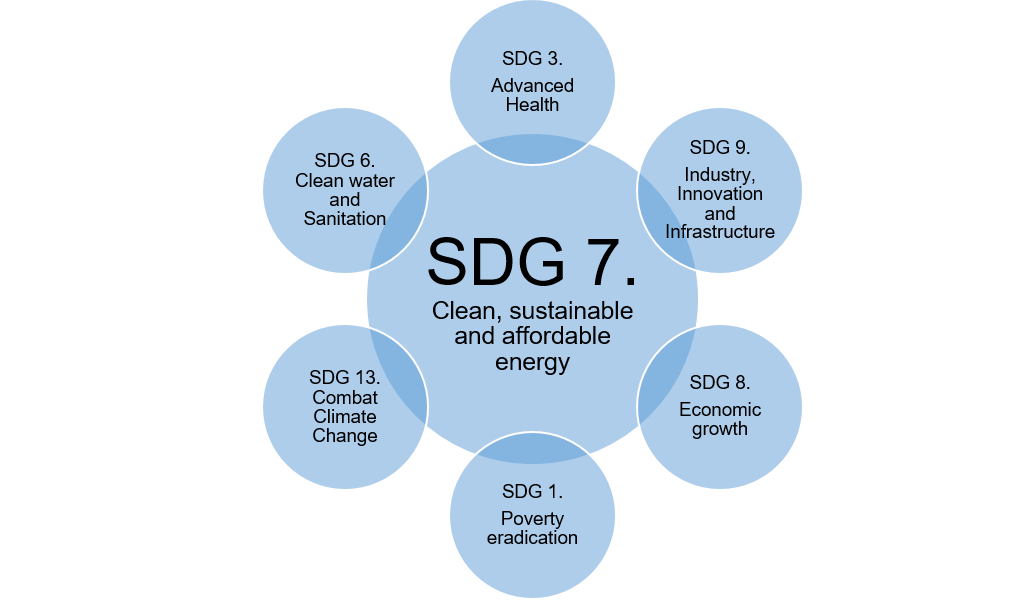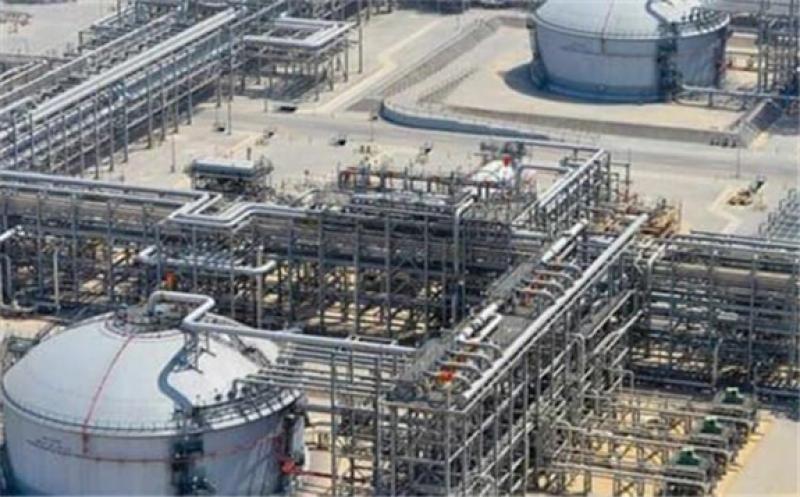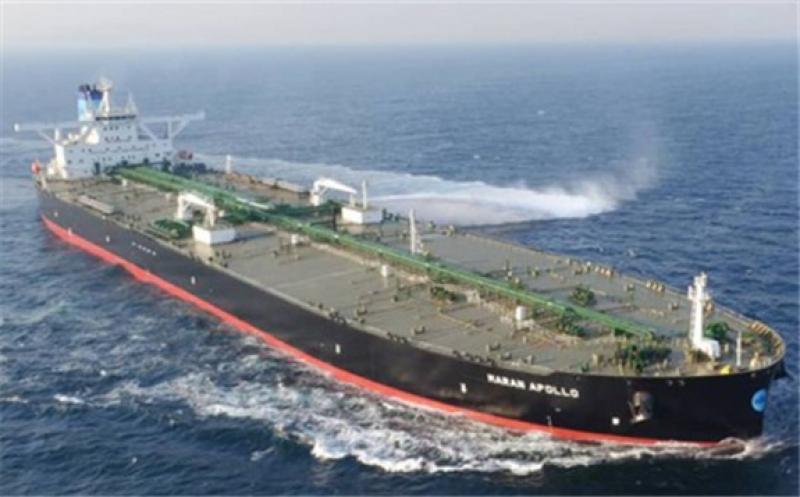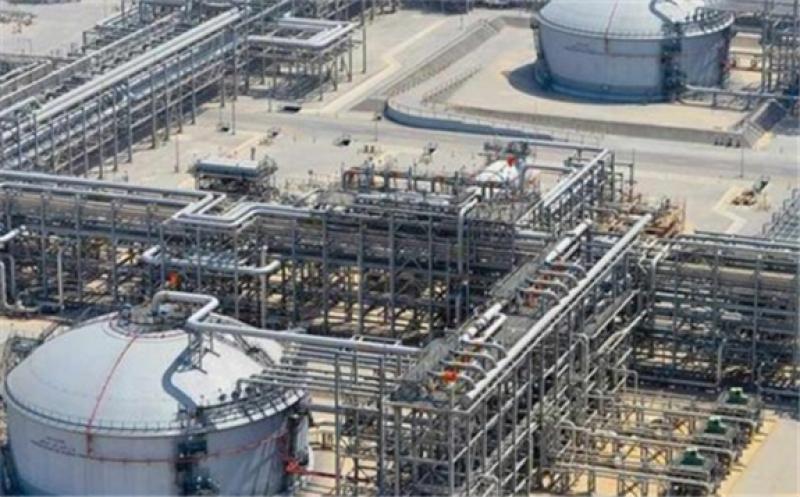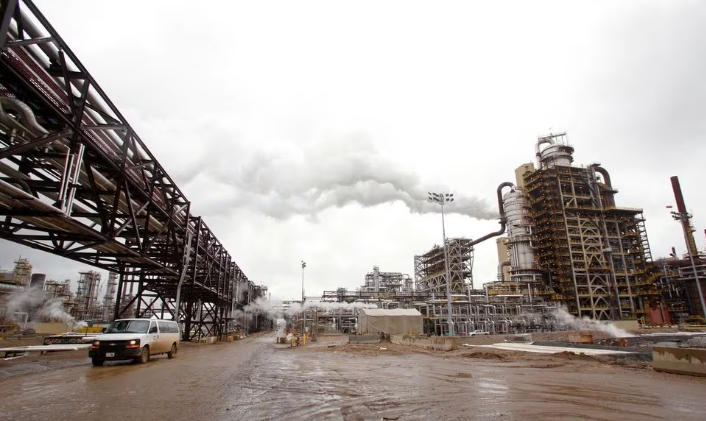
Pathways, a consortium of the six biggest oil sands companies, plans to build a CCS hub to store emissions from 14 projects in northern Alberta. Oil sands production contributes more than 10% of Canada's total emissions, and CCS is a key part of the industry's plan to decarbonize.
Some climate advocates, however, say the Pathways project, first announced in 2021, is moving too slowly to make a meaningful contribution to Canada's target of reducing emissions by 40%-45% below 2005 levels by 2030.
Pathways President Kendall Dilling said the alliance expects to submit a project application to the Alberta Energy Regulator in the "next few months" and has allowed a year for the regulatory process, meaning the first final investment decisions would start in mid-2025.
"We would go faster if we could but we have to work through the process with stakeholders," Dilling told Reuters in an interview. "Everything remains intact in terms of the 2030 timeline, but there's not much room for slippage."
Pathways aims to be capturing and storing 22 megatonnes a year of carbon by 2030. Pathways has spent C$80 million on the CCS project and will spend possibly another C$1 billion next year, Dilling said, with most of the spending being made once the project is approved.
Prime Minister Justin Trudeau's government is aiming to introduce a plan to cap oil and gas emissions by the end of this year, a regulatory move that would underpin the need for CCS in the oil sands.
CONTRACTS FOR DIFFERENCE
Ottawa will issue a 50% investment tax credit to support the CCS project while the Alberta government is expected to announce provincial tax credits this week, but Pathways has said a financial contract to help offset operating costs is also essential.
The federal government announced last week that its Canada Growth Fund would start issuing contracts for difference, which help guarantee the future price of carbon credits, allocating up to C$7 billion to underwrite the contracts.
Dilling said it was unclear whether C$7 billion would be enough to support the Pathways CCS project because of the large volume of credits it will generate, and the alliance is still in discussion with Canadian government officials on contracts for difference.
The CCS project will require a 400-kilometre (249-mile) pipeline to transport captured carbon. Pathways is also consulting with Indigenous groups along its path about potential economic participation, such as taking an equity position in the project.
"They are still working through whether they want to participate in that," Dilling said.

